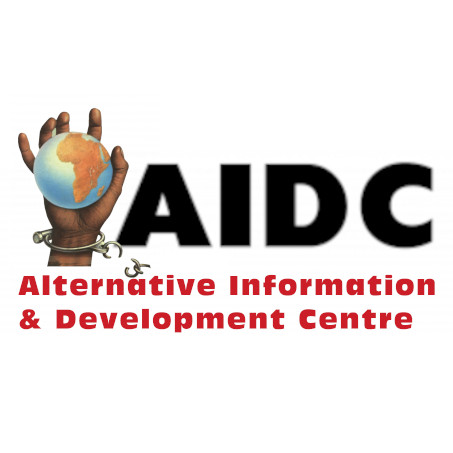The writer argues that the best critical writing and analyses about South Africa are provided by some of the news platforms within South Africa itself, and appeals to readers to avoid ignorant and prejudiced reports. (Photo: cnn.com/Wikipedia)
By Jeff Rudin 11 Jul 2023
Out of a group of 15 classmates who matriculated together in 1960, only three have remained in South Africa. The group still stays in touch, with those outside the country mostly wondering why those who remain have chosen to do so, sharing bleak reports from their local news outlets reflecting how South Africa is viewed from the outside. This is an edited version of a letter to the group from one of the three who has remained.
I know many South Africans who say they consider South Africa to be the worst place on earth, yet they stay here feeling imprisoned because there’s nowhere else for them to go. I am not among this group. I do however often engage with some of them on their clearly painful and unresolved dilemmas. In writing this to you, my matric classmates, I also have them in mind.
I welcome knowing how South African news is being reported internationally. But I appeal to those of you who send all of us news about how terrible South Africa is, to please be more selective in what you send. Much more selective.
I’m familiar with what’s being reported, thanks to friends and family who also share articles from different parts of the world. Ignorance and prejudice characterise most of these.
The best critical writing and analyses about the country (outside of some academic journals) are provided by some of the news platforms within South Africa itself.
Having asked you to try to avoid ignorant and prejudiced reports, let me immediately affirm that South Africa is indeed a country in deep crisis.
We have the shameful distinction of being the world’s most unequal society, with a 42% unemployment rate — 46.5% amongst youth — and levels of poverty little different from what we saw under apartheid. Crime and unconscionable violence match these statistics. Anxiety and depression are national disorders affecting the rich and poor alike.
Apart from a few rabid white racists, this wasn’t what we expected of Mandela’s new South Africa. Hence, the shattered dreams of most South Africans.
Hope and promise remain
There are, however, realities of the new South Africa that are to be celebrated, although they are most often now lost amidst the prevailing pessimism. Indeed, these overlooked realities are amongst the fundamentals that invite us to rekindle our dreams of a better South Africa. I’m thinking here, in the first instance, of us — black and white — who remain among the privileged.
I said earlier that the most robust and astute critiques of South Africa come from within South Africa. The right to speak freely, alongside a press that is (virtually) unrivalled in its freedom to publish and investigate everyone and everything, allows this to happen.
A weakened though still vibrant civil society additionally makes full use of these freedoms.
And we have a judiciary that remains steadfast in protecting these constitutionally guaranteed political and civic freedoms. (Although the guarantees of our socio-economic Bill of Rights are another matter.)
Former president Jacob Zuma at Pietermaritzburg high court on 17 April, 2023 in Pietermaritzburg, South Africa. (Photo: Gallo Images / Darren Stewart)
Without the press, civil society and the courts, former president Jacob Zuma — who does no more than personalise our now orphaned dreams — would still be overseeing the plundering of the resources of the nation, while simultaneously hollowing out the state to ensure that the looters remained untouched, assured that they had the freedom to continue their self-enriching plunder.
These are powerful surviving fundamentals that too many of us have forgotten, in our despair.
Many will quickly point out that looting is still taking place and that the looters, publicly known along with many of the details of their crimes, are still awaiting prosecution, to say nothing of actual conviction or sentencing to a lengthy time in prison. This is true. We know it in much of its distressing detail precisely because of our free press and civil society.
The delay in justice, we have come to learn, is because of the unimagined depth and breadth of the corruption, including the fact that many of these mafioso are still in positions where they are able to protect themselves. This makes cauterising corruption more difficult. The chronic shortage of capable and honest people to fill vacant posts adds to the difficulty.
State Capture kingpins Ajay and Atul Gupta. (Photo: Gallo Images / City Press/Muntu Vilakazi)






